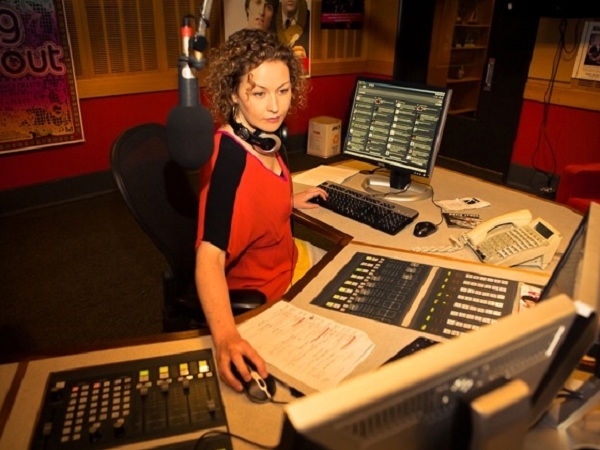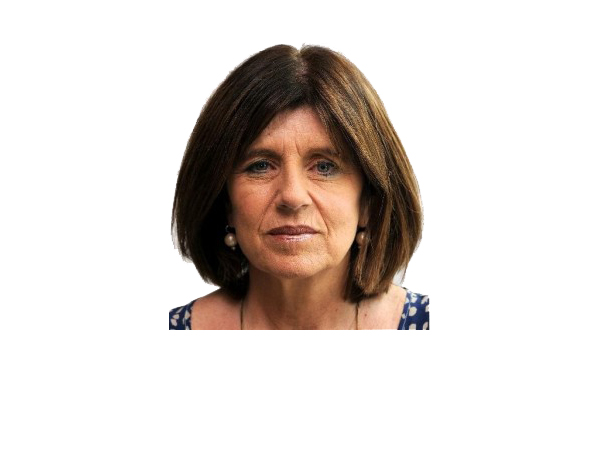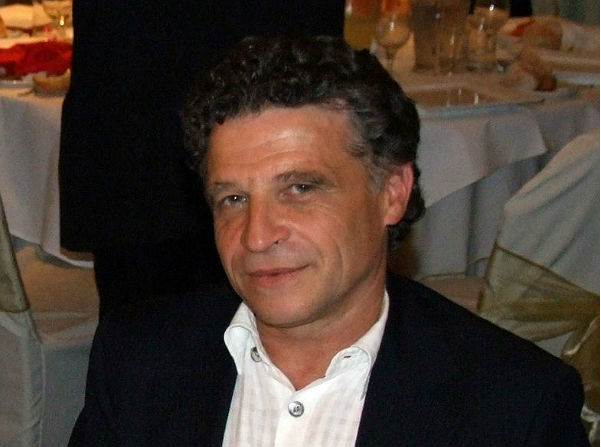Rob Burgess knew he wanted to be a journalist from an early age. A short stint of horticulture ended with disastrous consequences, only confirming his suspicions that, while he may love the natural world, he would be better placed in media, doing a little landscaping with words. Rob has worked as the launch production editor of new media magazine Revolution in London and Hong Kong. He then took on the role of deputy editor at The Big Issue in Bristol, followed by a spot of financial journalism at The Guardian’s Money Observer magazine. He taught journalism at La Trobe University in Melbourne, but couldn’t resist the pull of finance and now works as a commentary editor at the online magazine Business Spectator.
Are there any journalists who have been role models for you?
Um no, and I’ll qualify that ‘no’. I think I was inspired as a 16 year old high school student by the film ‘The Killing Fields’ where there’s a very glamorous journalist – well, glamorous in terms of his job – dashing about the fields of Cambodia. In reality, I don’t really follow any journalists as such.
When did you first think of yourself as a journalist?
I think I was first a real journalist in my own eyes when I saw my own byline on a news stand, and about the same time I saw somebody on a train reading my publication too. It was being avidly read by the people in London where I worked. I could sit next to them and say to myself, I really was communicating with them in a strictly journalistic sense.
Did you ever try your hand at another career path?
Yes. I was a chestnut farmer for three months. When I finished my science degree I worked as a farmer and then, my boss and I amicably agreed that I wouldn’t work there any more. In fact, I burned out the orchard, but it wasn’t my fault, and then I went back to uni and to journalism.
You’ve been working as a journalist for 15 years now. How would you describe your time so far?
A long period of badly paid work! Some hugely exciting jobs early in my career, traveling around Europe, meeting some interesting and high profile people. But also, a lot of drudgery, you know, really heavy lifting in terms of editing, acres of copy and getting stories that are not publishable and making them into something publishable. So, I have a very unromantic view of journalism.
We hear a lot about how the media and journalism is changing. What has been your experience?
The big change is the internet, because I started work in 1994. I got my first email account in ’94, and it didn’t look anything like modern email. It was just a long stream of text with messages stuck in the middle of it. And I didn’t have networked access to the internet in a publishing office until mid 1997. I got my first modem access to the internet in early 1999. So that’s two years of my career where we had no internet at all, and the difference was just unimaginable. In my first job we had a reference shelf full of dictionaries and encyclopedias, and when we got stuck on something, we’d go and look at the references. Google, which I didn’t start using until 2000, changed everything.
Do you think quality journalism is endangered?
I do. But I don’t take a moral position on that. That we should, you know, force quality journalism on a market that’s not paying for it. Voters have to decide that they will back a Government that will back the media through tax concessions, or through direct subsidies or whatever the mechanism might be that the voters need to wake up and say “well, we don’t want to end up like Zimbabwe; therefore we need a Fourth Estate; therefore we’re going to vote for the government that does it”. I want the people to be the ones who request the media, so, currently yes, it is highly endangered.
What do you feel are the main challenges to the practice of ethical journalism in your sector?
I think the main two that spring to mind in my field are in industrial relations, and the other would be in the trading of rumours. That’s what they call ‘rumourtrage’ which comes from ‘arbitrage’. Rumourtrage is where you know a rumour is going to affect the price of the asset, so you buy or sell-on the asset based on the rumour. It’s really essentially illegal, but in financial journalism, it’s very interesting to the reader, so you get a rumour, and you’ll want to write about it as a story. We’re mindful that we’re not trading on the story, and if we did it would be insider trading. We’d go to jail. But we also know that the readers out there may wish to trade on that story. That’s an ethical dilemma, because you know you may potentially move the market and change people’s net worth, and change people’s profits and loss all around the country based on this rumour. Industrial relations can be a huge ethical dilemma because you have on the one side employers and on the other side their employees. The boundaries between their interests are not black and white, but because some people see it as black and white, they will pitch us stories that are part of a battle or part of a war.
So is there such a thing as unbiased reporting?
I think you just need to understand your biases. My bias is not pro-business, but pro-wealth creation. When I say wealth creation I don’t mean just making pots of money, I mean making the Australian community better off, or more robust, or the standard of living better. That’s my bias.
Do you think it’s ethical to report what people put up on their Facebook sites in other media?
I don’t see any ethical problem. I think if people publish information about themselves then you go and look it up, that’s fair game.
What’s your idea of a perfect story?
I think I sometimes do my perfect stories, and they’re the analytical pieces which are making available to hundreds of thousands of readers some unique news. If I get some information that contradicts the way the entire business community is moving, and I can release it, through a story, then that for me is enough. That is an ideal story.
Are there any career highlights you can share with us?
I think for sheer excitement, I would say the covering of the collapse of Lehman Brothers (Lehman Brothers investment bank, a ‘capitalist institution’ went bankrupt in September 2008. In Britain alone, 5,000 staff lost their jobs immediately.) There was such a flurry of news, a chain reaction, it was like a bomb going off. It was so enormous that we were kind of breathless with excitement in the office. It meant something for everybody across the globe. That lasted really for a month or two. We were ringing each other at two or three in the morning with extra bits of information and, when you start at six am, that’s quite a big thing to be doing.
If you were starting out now, would you still want to be a journalist?
No. Because, I was attracted by the romance of print – that was my medium, that’s all I wanted to do. I’ve since learned that the industry’s not really set up for it anymore, print is the failing medium and online is the future. And I really don’t like that fact. If I was part of this generation who have grown up with the internet, I would probably be doing something completely different.
What’s one of the greatest challenges of being a journalist today?
This would be a word of warning for anyone who wants to be a journalist: The greatest challenge in our business is to just keep your life in balance. It’s very hard, and many people fail, and the industry is full of people who have nervous break-downs, health problems – all that kind of stuff. The guys that are still with us – these people are very good at eating well, getting a bit of exercise, socializing, relaxing, and then working like demons to produce the best copy in the country. If you can do all of those things and you can keep your life in balance, well then you’ve got a future.
In a word, how would you describe your journalistic style?
Considered.
Claire Delahunty






